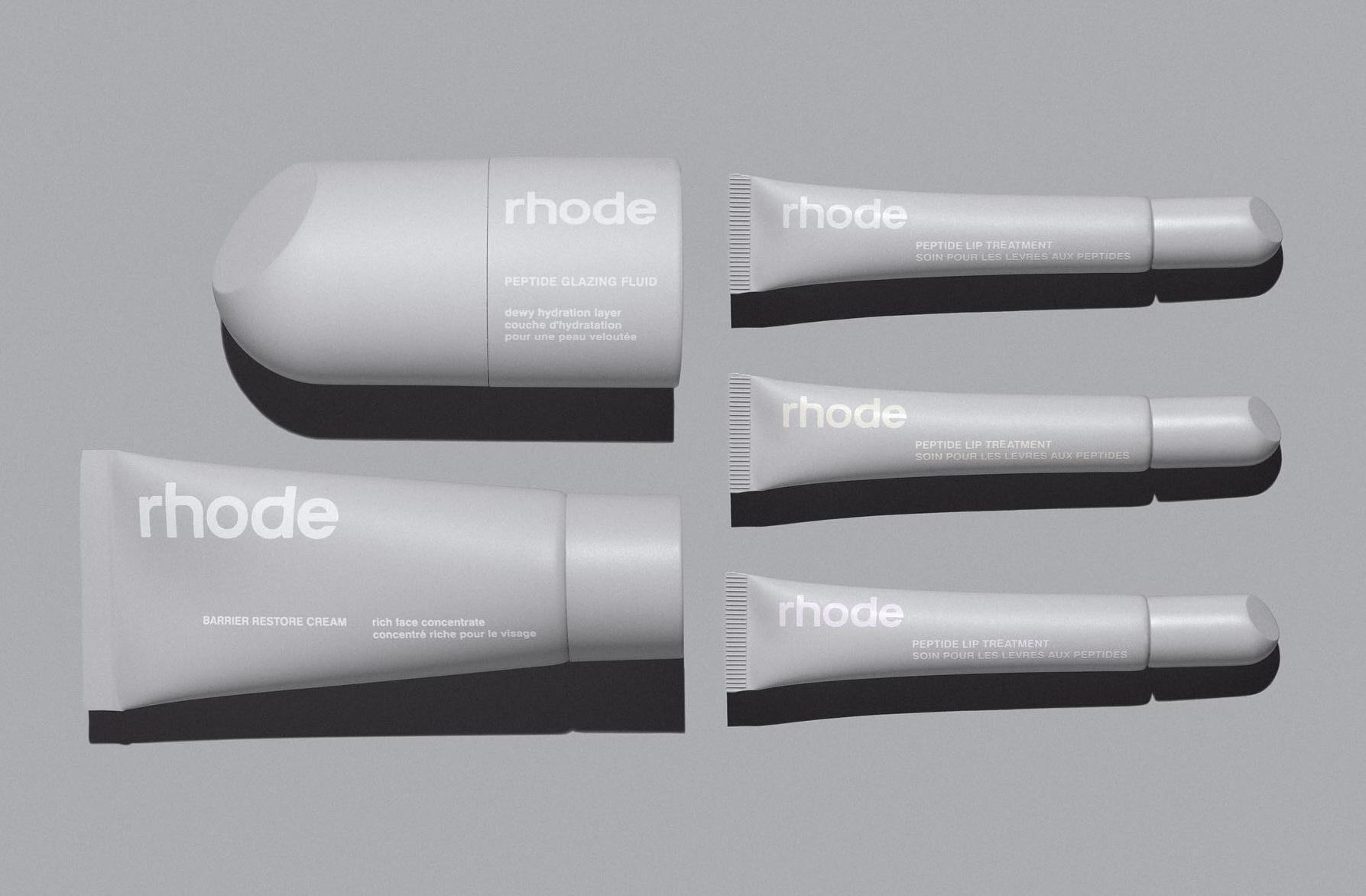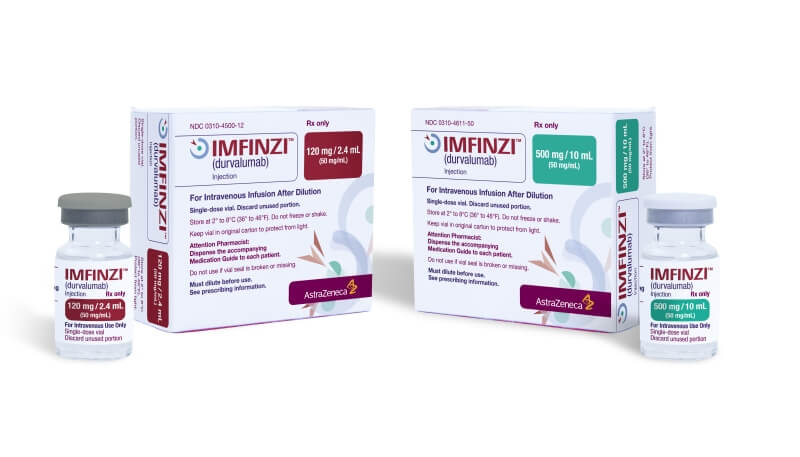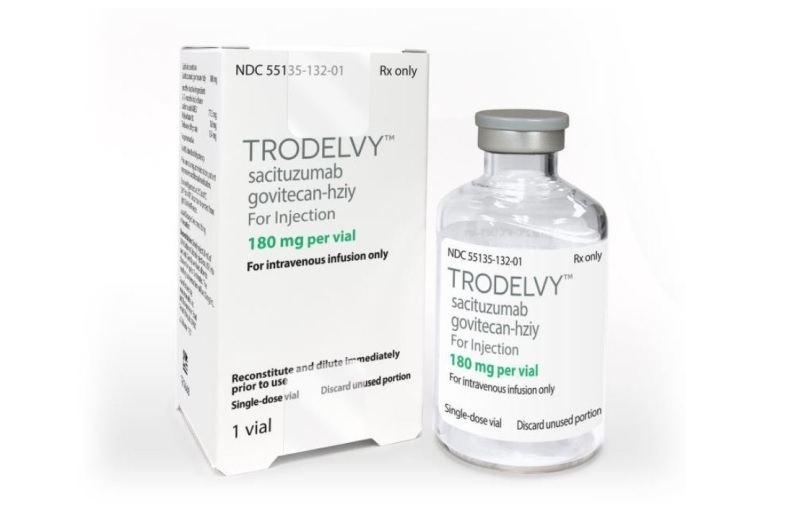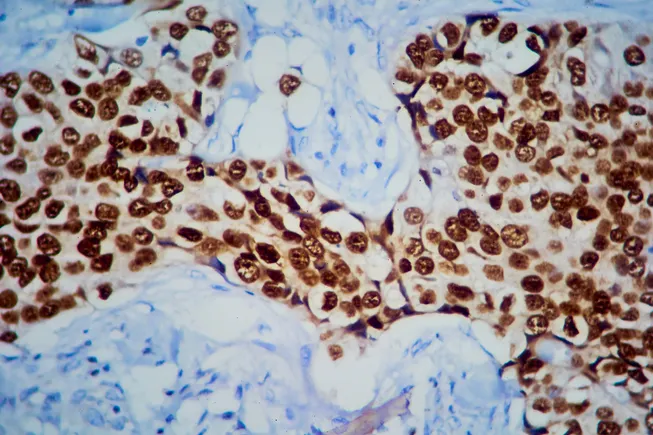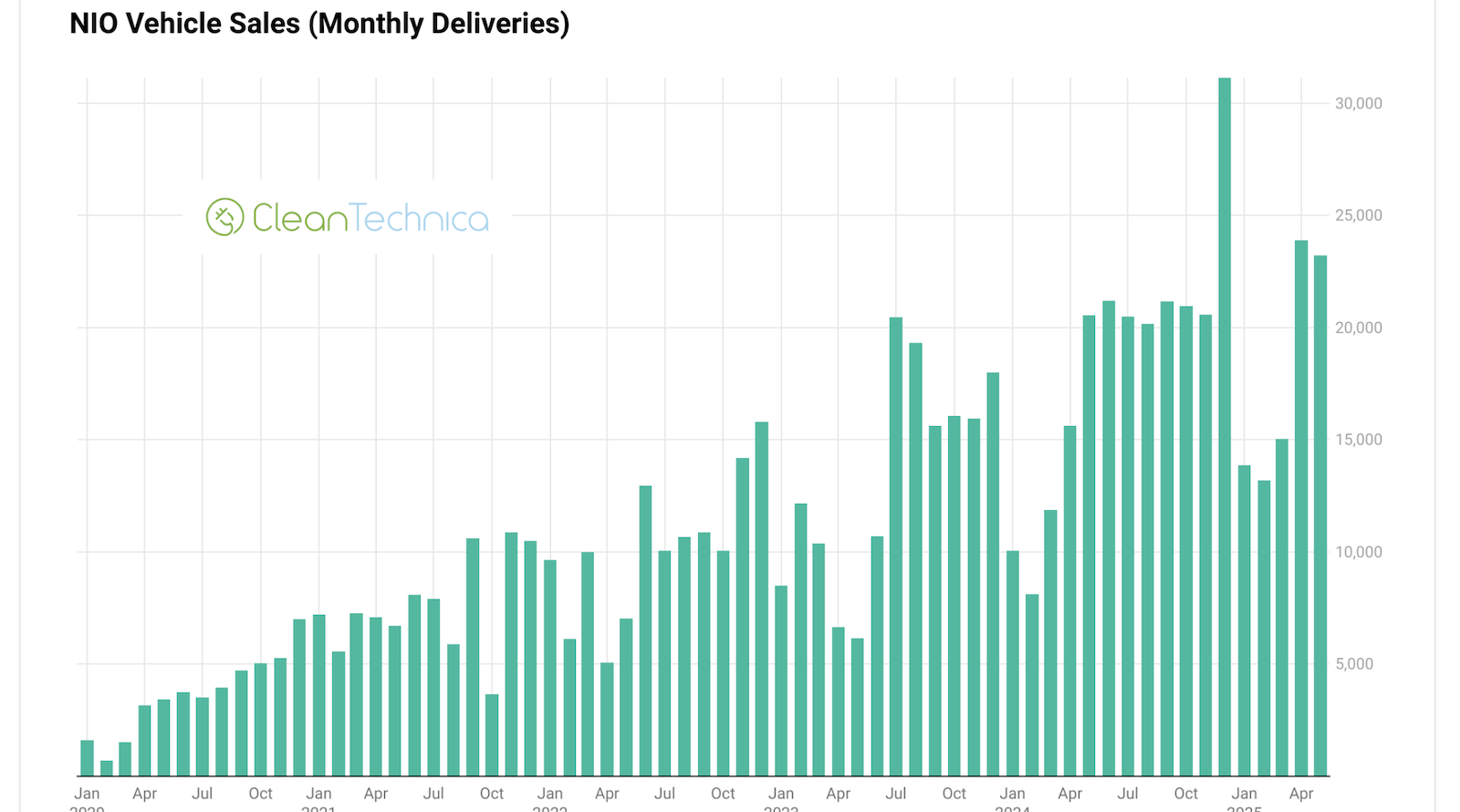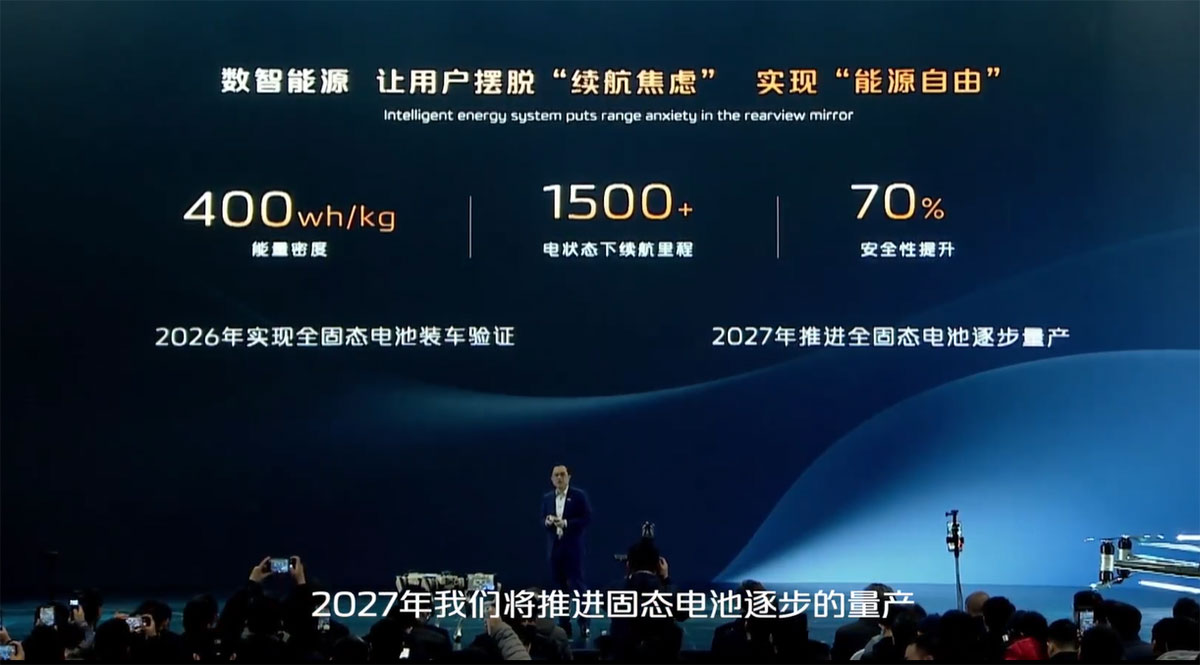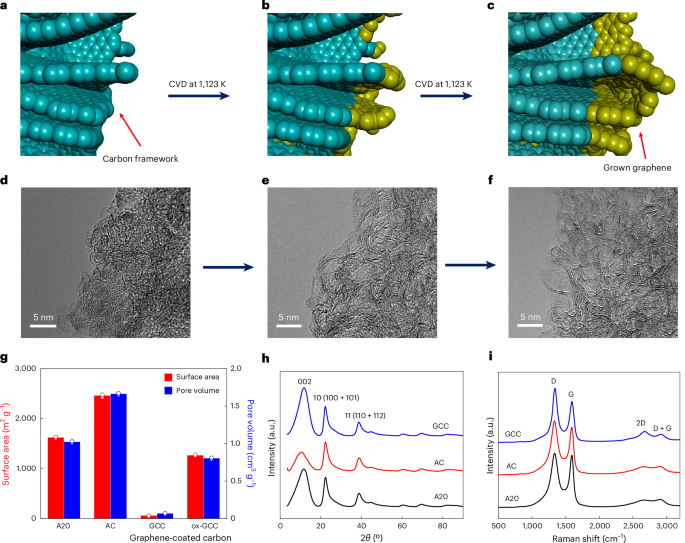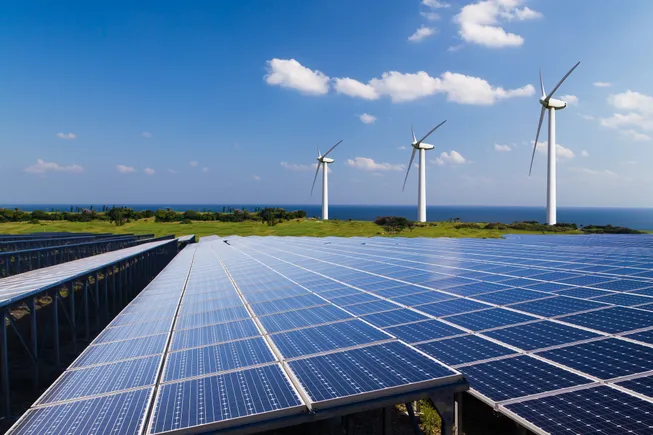A selection of US beers have been found to contain levels of "forever chemicals" that exceed the Environmental Protection Agency’s limit.
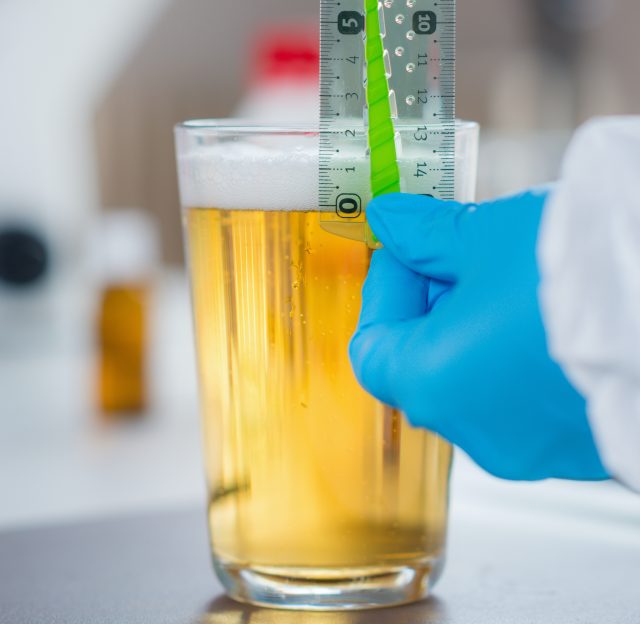
The discovery was made by the ACS’ Environmental Science & Technology team which recently conducted a
study to find out how polyfluoroalkyl substances (PFAS) or "forever chemicals" get into beers and how much they contain.
The researchers outlined that PFAS are human-made chemicals produced for their water-, oil- and stain-repellent properties. Notably, they have most recently been found in surface water, groundwater and municipal water supplies across the US and the world, according to the team which has set out to highlight how even though breweries typically have water filtration and treatment systems, they are not designed to remove PFAS.
To go ahead with their tests, the team of researchers modified an EPA testing tool created for analysing levels of PFAS in drinking water and set out testing 23 beers to see if contaminants were crossing over onto brews.
Speaking about the
findings, research lead Jennifer Hoponick Redmon said: "As an occasional beer drinker myself, I wondered whether PFAS in water supplies was making its way into our pints.”
Initially, the research team tested beers from areas which had already documented water system contamination along with some other popular beers from unknown water sources.
According to
reports, the research team found that a selection of the beers brewed in North Carolina, California and Michigan contained elevated levels of the PFAS. Notably, the team found that the beers brewed near the Cape Fear River Basin in North Carolina, an area with known PFAS pollution, had the highest levels and most diverse mix of forever chemicals.
The findings additionally revealed that in as many as 95% of the beer tested, PFAS had been found. Added to this, perfluorooctanesulfonate and perfluorooctanoic acid, two of the forever chemicals, had recently been established EPA limits in drinking water, which made the discovery all the more alarming.
Out of the international beers tested — one from Holland and two from Mexico — were revealed to be less likely to have detectable PFAS.
The research team confirmed: "Our findings indicate a strong link between PFAS in drinking water and beer, with beers brewed in areas with higher PFAS in local drinking water translating to higher levels of PFAS in beer, showing that drinking water is a primary route of PFAS contamination in beer.”
The team also insisted: "This work shows that PFAS contamination at one source can spread into other products, and the researchers call for greater awareness among brewers, consumers and regulators to limit overall PFAS exposure. These results also highlight the possible need for water treatment upgrades at brewing facilities as PFAS regulations in drinking water change or updates to municipal water system treatment are implemented."
Back in 2022, the Brazilian brewery
Cervejaria Backer that fatally contaminated its beers in 2020 received a further fine from authorities for failing to correctly follow the recall process to stop people from buying and consuming its brews. Prior to this, in as early as 2014,
invading plastic particles were identified in a number of German beers threatening the country’s historic beer purity laws showing that the issues with water treatment and contamination are not new, but are still yet to be addressed on a global scale to safeguard both the sector and beer fans.
Redmon insisted that situations regarding water and beer use needed to be brought to light and addressed by water treatment companies and that policies needed to be put in place.
She added: “I hope these findings inspire water treatment strategies and policies that help reduce the likelihood of PFAS in future pours.”
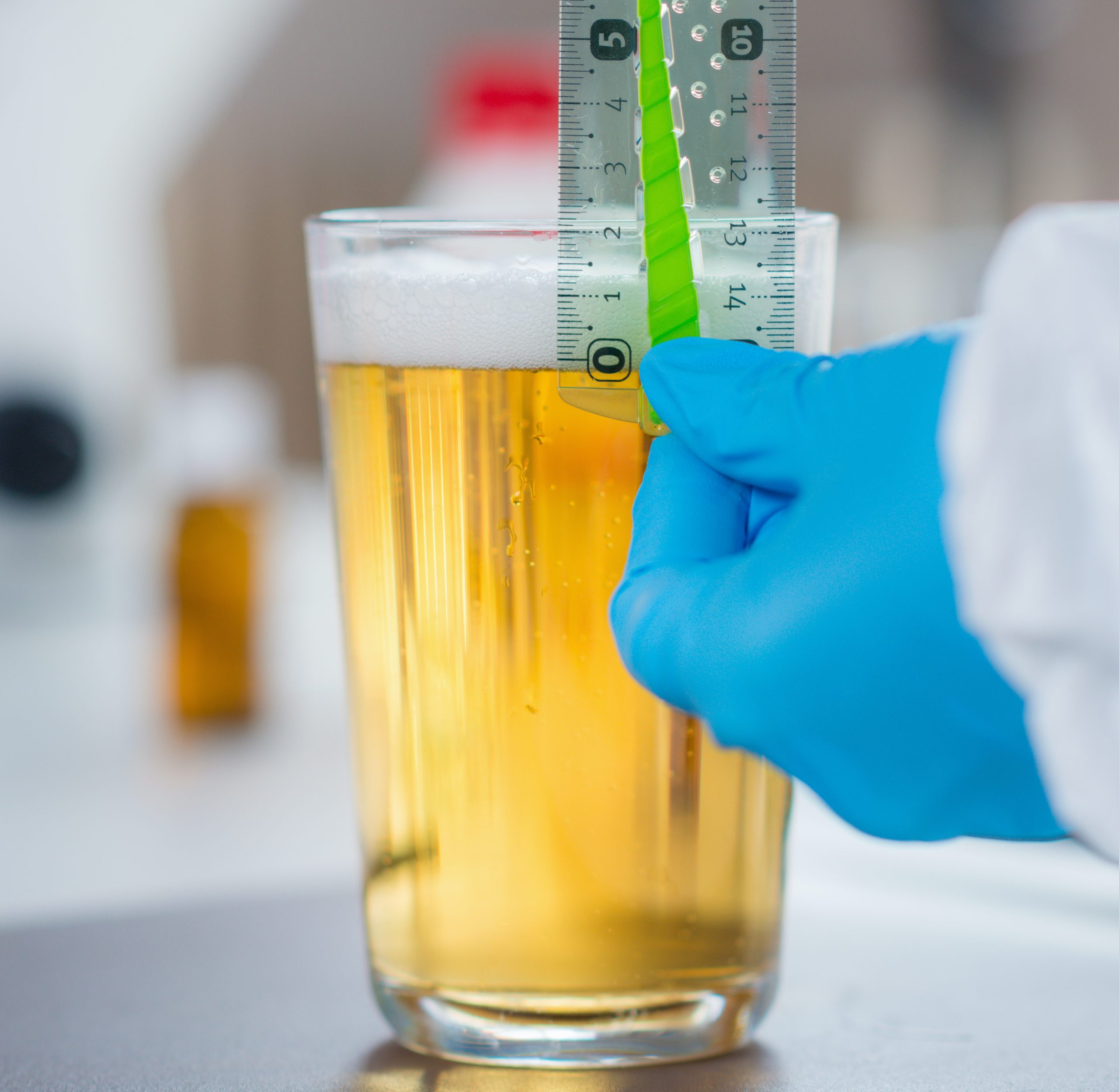
 The discovery was made by the ACS’ Environmental Science & Technology team which recently conducted a study to find out how polyfluoroalkyl substances (PFAS) or "forever chemicals" get into beers and how much they contain.
The researchers outlined that PFAS are human-made chemicals produced for their water-, oil- and stain-repellent properties. Notably, they have most recently been found in surface water, groundwater and municipal water supplies across the US and the world, according to the team which has set out to highlight how even though breweries typically have water filtration and treatment systems, they are not designed to remove PFAS.
To go ahead with their tests, the team of researchers modified an EPA testing tool created for analysing levels of PFAS in drinking water and set out testing 23 beers to see if contaminants were crossing over onto brews.
Speaking about the findings, research lead Jennifer Hoponick Redmon said: "As an occasional beer drinker myself, I wondered whether PFAS in water supplies was making its way into our pints.”
Initially, the research team tested beers from areas which had already documented water system contamination along with some other popular beers from unknown water sources.
According to reports, the research team found that a selection of the beers brewed in North Carolina, California and Michigan contained elevated levels of the PFAS. Notably, the team found that the beers brewed near the Cape Fear River Basin in North Carolina, an area with known PFAS pollution, had the highest levels and most diverse mix of forever chemicals.
The findings additionally revealed that in as many as 95% of the beer tested, PFAS had been found. Added to this, perfluorooctanesulfonate and perfluorooctanoic acid, two of the forever chemicals, had recently been established EPA limits in drinking water, which made the discovery all the more alarming.
Out of the international beers tested — one from Holland and two from Mexico — were revealed to be less likely to have detectable PFAS.
The research team confirmed: "Our findings indicate a strong link between PFAS in drinking water and beer, with beers brewed in areas with higher PFAS in local drinking water translating to higher levels of PFAS in beer, showing that drinking water is a primary route of PFAS contamination in beer.”
The team also insisted: "This work shows that PFAS contamination at one source can spread into other products, and the researchers call for greater awareness among brewers, consumers and regulators to limit overall PFAS exposure. These results also highlight the possible need for water treatment upgrades at brewing facilities as PFAS regulations in drinking water change or updates to municipal water system treatment are implemented."
Back in 2022, the Brazilian brewery Cervejaria Backer that fatally contaminated its beers in 2020 received a further fine from authorities for failing to correctly follow the recall process to stop people from buying and consuming its brews. Prior to this, in as early as 2014, invading plastic particles were identified in a number of German beers threatening the country’s historic beer purity laws showing that the issues with water treatment and contamination are not new, but are still yet to be addressed on a global scale to safeguard both the sector and beer fans.
Redmon insisted that situations regarding water and beer use needed to be brought to light and addressed by water treatment companies and that policies needed to be put in place.
She added: “I hope these findings inspire water treatment strategies and policies that help reduce the likelihood of PFAS in future pours.”
The discovery was made by the ACS’ Environmental Science & Technology team which recently conducted a study to find out how polyfluoroalkyl substances (PFAS) or "forever chemicals" get into beers and how much they contain.
The researchers outlined that PFAS are human-made chemicals produced for their water-, oil- and stain-repellent properties. Notably, they have most recently been found in surface water, groundwater and municipal water supplies across the US and the world, according to the team which has set out to highlight how even though breweries typically have water filtration and treatment systems, they are not designed to remove PFAS.
To go ahead with their tests, the team of researchers modified an EPA testing tool created for analysing levels of PFAS in drinking water and set out testing 23 beers to see if contaminants were crossing over onto brews.
Speaking about the findings, research lead Jennifer Hoponick Redmon said: "As an occasional beer drinker myself, I wondered whether PFAS in water supplies was making its way into our pints.”
Initially, the research team tested beers from areas which had already documented water system contamination along with some other popular beers from unknown water sources.
According to reports, the research team found that a selection of the beers brewed in North Carolina, California and Michigan contained elevated levels of the PFAS. Notably, the team found that the beers brewed near the Cape Fear River Basin in North Carolina, an area with known PFAS pollution, had the highest levels and most diverse mix of forever chemicals.
The findings additionally revealed that in as many as 95% of the beer tested, PFAS had been found. Added to this, perfluorooctanesulfonate and perfluorooctanoic acid, two of the forever chemicals, had recently been established EPA limits in drinking water, which made the discovery all the more alarming.
Out of the international beers tested — one from Holland and two from Mexico — were revealed to be less likely to have detectable PFAS.
The research team confirmed: "Our findings indicate a strong link between PFAS in drinking water and beer, with beers brewed in areas with higher PFAS in local drinking water translating to higher levels of PFAS in beer, showing that drinking water is a primary route of PFAS contamination in beer.”
The team also insisted: "This work shows that PFAS contamination at one source can spread into other products, and the researchers call for greater awareness among brewers, consumers and regulators to limit overall PFAS exposure. These results also highlight the possible need for water treatment upgrades at brewing facilities as PFAS regulations in drinking water change or updates to municipal water system treatment are implemented."
Back in 2022, the Brazilian brewery Cervejaria Backer that fatally contaminated its beers in 2020 received a further fine from authorities for failing to correctly follow the recall process to stop people from buying and consuming its brews. Prior to this, in as early as 2014, invading plastic particles were identified in a number of German beers threatening the country’s historic beer purity laws showing that the issues with water treatment and contamination are not new, but are still yet to be addressed on a global scale to safeguard both the sector and beer fans.
Redmon insisted that situations regarding water and beer use needed to be brought to light and addressed by water treatment companies and that policies needed to be put in place.
She added: “I hope these findings inspire water treatment strategies and policies that help reduce the likelihood of PFAS in future pours.” 












































